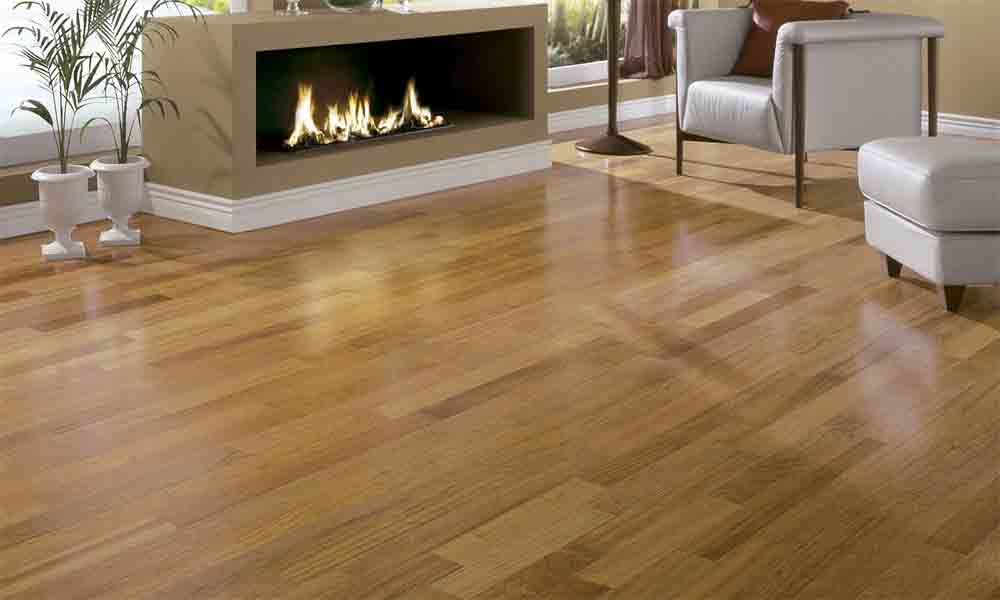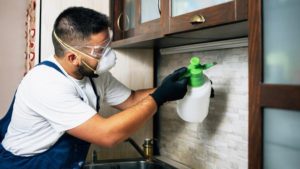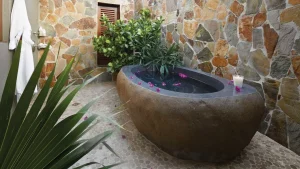Because vinyl flooring can offer diverse advantages, you can easily put it in your house. This flooring is waterproof or very water resistant, usually more budget-friendly and its installation is very easy. Not all vinyl is the same here we discuss the most type of vinyl flooring.
All types of vinyl come in different designs from the black and white squares in old kitchens. For busy families and households, they are now an attractive, life-proof option. You’ll find a brilliant choice for your home, No matter what type fits your budget and needs. In commercial and institutional areas this flooring is commonly used. Instead of rubber, linoleum, and plastic, the major component is vinyl.
Types of Vinyl Flooring
- Luxury Vinyl
In the market, the newest type of flooring is Luxury vinyl. This type of vinyl has dramatically exceeded the other types of vinyl in terms of looking like stone or wood. It comes in planks or tiles and has realistic textures. Luxury Vinyl comes in various colors and designs and comes at a higher price point.
- Sheet Vinyl
The standard vinyl is sheet vinyl. This type of sheet come in large rolls and then this sheet is cut into pieces cuts to fit the floor. It is good for bathrooms and basements because it is one hard sheet. Because of their hardness, there is much fewer chance of water seeping underneath and ruining it and your subfloor. . It is also one of the most pocket-friendly flooring options available and is also called resistant flooring.
- Linoleum
Vinyl and linoleum are often used interchangeably but they are different. While vinyl is made from PVC, a derivation of petroleum, and Linoleum is made of linseed oil, an organic material derived from flax seeds, that is then mixed with a variety of other natural materials. Vinyl flooring comes in sheets, like sheet vinyl, and also come in tiles and planks. The big difference between both them is that linoleum is not waterproof and vinyl is waterproof. But excessive amounts of liquid can cause the corners to twist.
How to maintain vinyl flooring
A direct cleaning routine requires for cleaning vinyl floors. Daily streaking or vacuuming is enough for cleaning your vinyl floor. To avoid dust and dirt remove their particles with a vacuum which makes it easier to maintain your floors.
The nature of vinyl flooring is hardwearing, and water resistant, scratch, and stain-resistant. They are manufactured with multi-directional base layers, which provide water resistance and high dimensional stability. They have a special PUR surface treatment that provides more protection and makes them even more durable and resistant to scratches or stains, and even easier to clean.
Unlike hardwood, there’s very little need for any ongoing maintenance of your vinyl floors. To restore shine, you don’t need to apply wax or polish the surface. To restore vinyl’s original appearance a deep clean with soap and warm water is all that’s needed. Though vinyl is not durable, and it’s important to take the correct methods to keep your floor in good condition.




